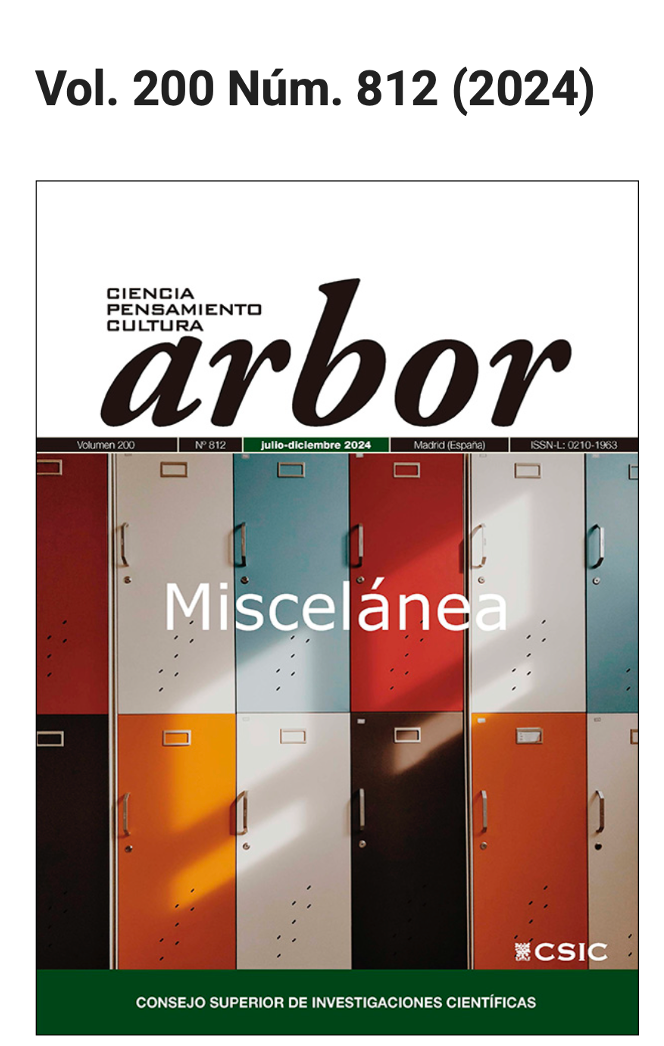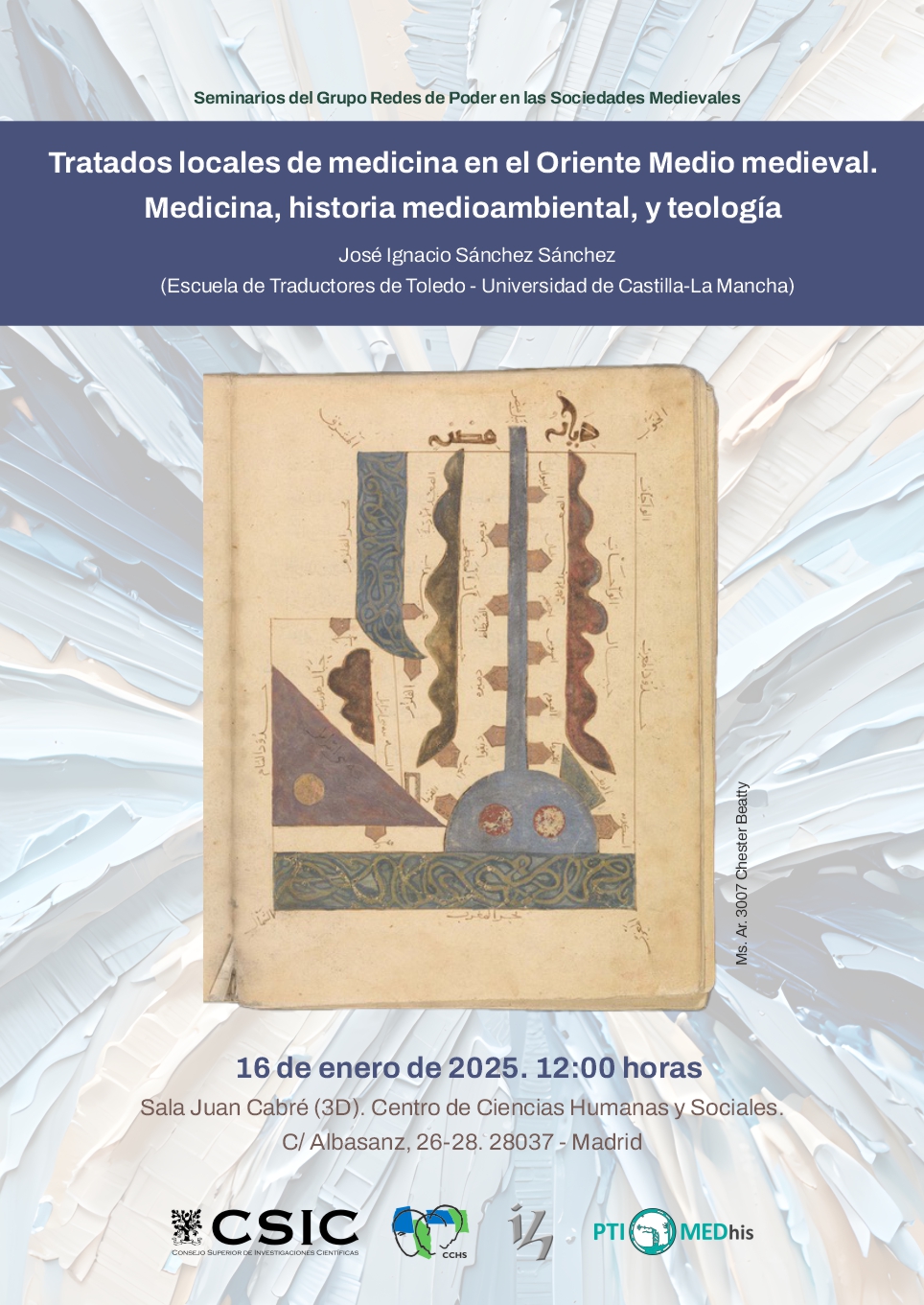












Historia Social y Cultural del Mediterráneo. Contextos locales y dinámicas globales
Las Plataformas Temáticas Interdisciplinares del CSIC (PTIs) son un instrumento para aunar esfuerzos en la resolución de los retos globales, mediante la participación de grupos de investigación del CSIC de todas las disciplinas, empresas e instituciones públicas y privadas.
La plataforma MEDhis se crea para estudiar un problema de gran relevancia teórica y de considerables implicaciones globales: la relación bidireccional entre contacto cultural y cambio social en el ámbito mediterráneo en épocas medieval y moderna. Esta elección parte de la constatación de que el Mediterráneo occidental y oriental, y de manera muy particular la Península Ibérica generaron en esos períodos un espacio único de contacto masivo y continuado entre diferentes comunidades, especialmente las definidas, a partir de su religión, como “cristianas, musulmanas y judías”, siendo dicho contacto fundamental en la definición de procesos de largo alcance, algunas de cuyas consecuencias siguen muy presentes hoy en día.
La plataforma aúna a especialistas en lenguas árabe, hebrea, latina, griega y romance, con amplia experiencia en el estudio del contacto, la transmisión cultural, las dinámicas sociales y las relaciones de poder.
Los retos a los que se enfrenta son reevaluar las relaciones entre contacto cultural y cambio social y cómo éstas han marcado la historia del Mediterráneo y moldeado de distintas maneras algunos de las principales características actuales de la región, así como formular un modo nuevo de pensar los conceptos de cambio e identidad. La PTI-MEDhis se enmarca dentro de uno de los retos de Horizonte2020: Europa en un mundo cambiante, sociedad inclusivas, innovadoras y reflexivas.
Social and Cultural History of the Mediterranean: Local Contexts, Global Dynamics (MEDhis)
The CSIC’s Interdisciplinary Thematic Platforms (PTIs) CSIC’s Interdisciplinary Thematic Platforms (PTIs) are a collaborative concept that has been designed to tackle global challenges by integrating research groups from multiple disciplines, together with companies and institutions both public and private.
The MEDhis platform addresses a problem of great theoretical relevance that has significant global implications: we study the interconnections between cultural contact and social change in the medieval and early modern Mediterranean. Our focus springs from the observation that the western and the eastern Mediterranean—and in particular the Iberian Peninsula—constituted a unique space of large-scale, continuous contacts across communities, especially those defined by traditional denominational labels as ‘Christian, Muslim, and Jewish’. Instrumental in the definition of long-term trajectories, these contacts have left a mark throughout the region and up to the present day.
MEDhis is a joint endeavour among specialists in Arabic, Hebrew, Latin, Greek, and Romance languages, scholars of social history, culture, literature, religion, and the arts, with deep expertise in the study of contacts, the transmission of culture, social dynamics, and relations of power.
The principal challenge of MEDhis consists in a re-evaluation of the interrelationship between cultural contact and social change in order to understand their impact in the Mediterranean, along with their contemporary characteristics. In addition, MEDhis seeks to contribute to a critical understanding of such concepts as ‘change’ and ‘identity’. Our research thus addresses the Horizon2020 challenge of ‘Europe in a changing world – Inclusive, innovative and reflective societies’.
INVESTIGACIÓN
Proyectos
RECURSOS MEDHIS
Cursos
Exposiciones
MEDhis Observer
MEDhis Connect
REDES SOCIALES/ MEDIOS